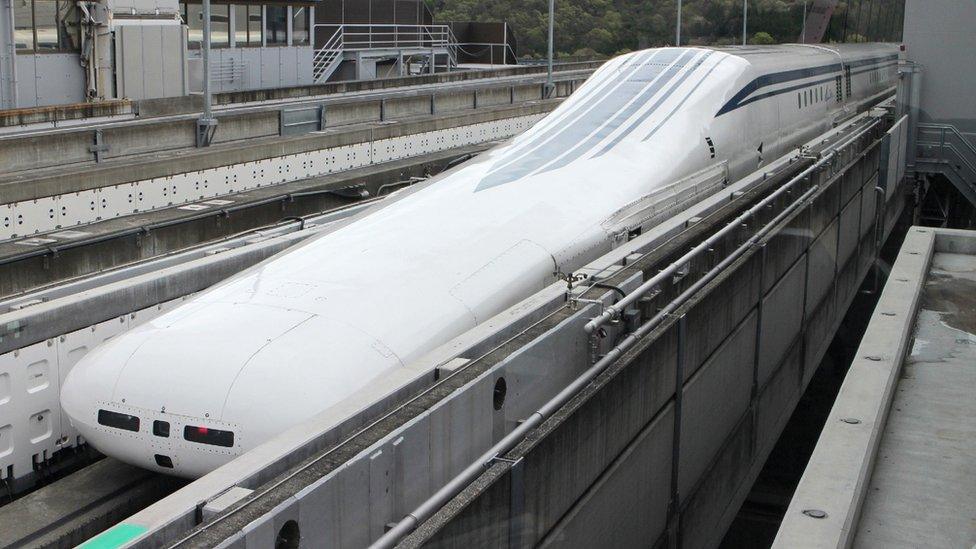HS2: A guide to the world's fastest trains
- Published
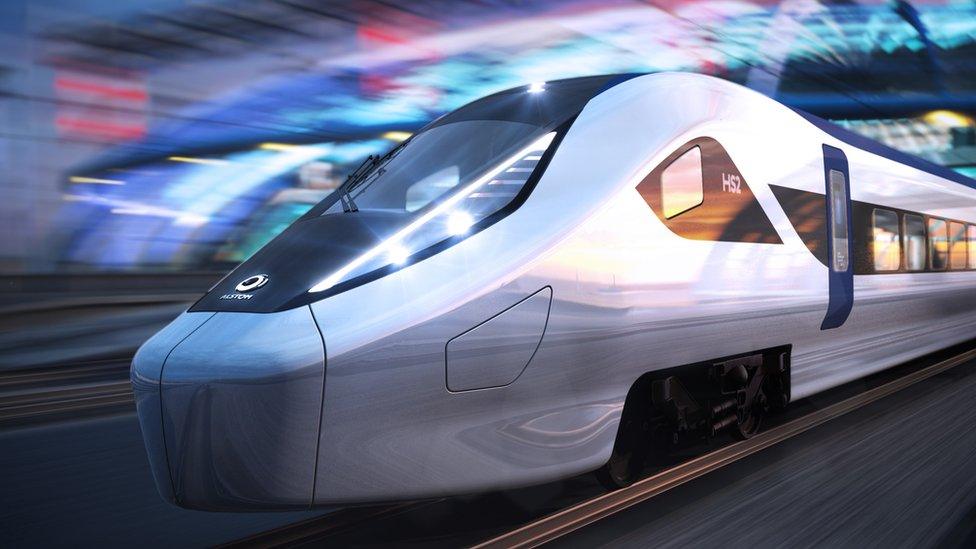
One of the design ideas for an HS2 train
Blink and you'll miss 'em… or leave the house a couple of minutes late and you'll definitely miss them.
Of course we are talking about high speed trains!
The UK will soon join the list of countries around the world with their very own super-speedy train lines after Prime Minister Boris Johnson gave the green light for HS2.
It's hoped the big plan will allow some trains in the UK to go above 186 miles per hour (300 km/h).
But how does that stack up with other high-speed trains around the world? We've picked some of the fastest.
China
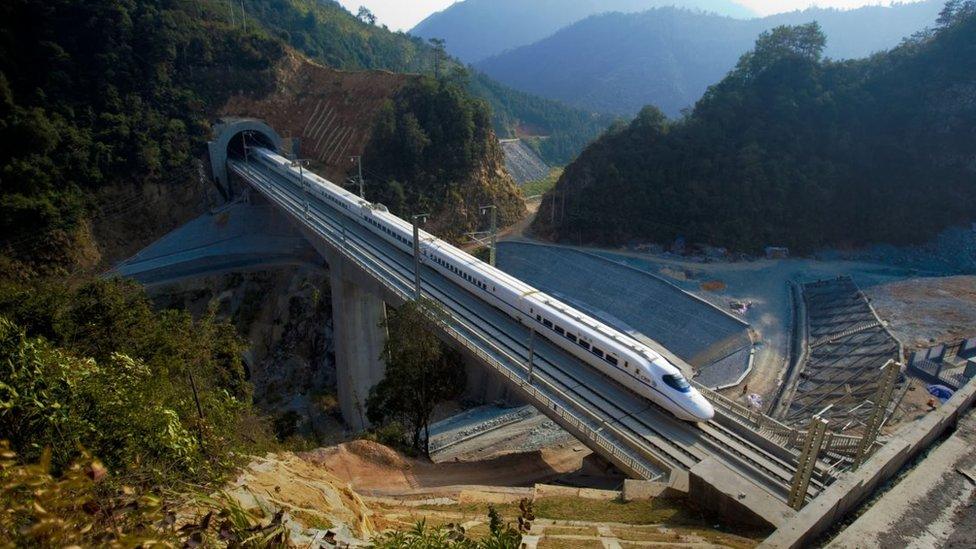
The HSR (High Speed Rail) in China is currently the fastest bullet train in the world and reaches top speeds of up to 217 miles per hour (349 km).
It also holds the record for the biggest rail network in the world, covering over 19,000 miles (30,577 km) with another 4,000 (6,437 km) under construction.
Well, China is a pretty big country - driving non-stop from one side to the other would take a painful 63 hours.
You'd need a lot of snacks for that journey!
Japan
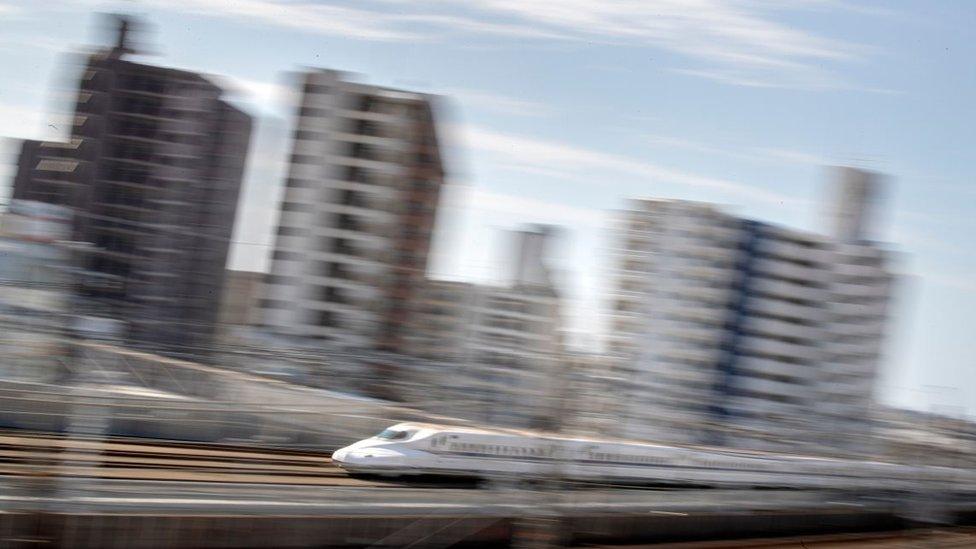
Onto the second fastest train now, and we are staying in Asia for this one.
The Shinkansen in Japan is also the third-longest rail network with around 1,900 miles (3,057 km) of track.
Not quite as quick as the Chinese HSR, the Shinkansen hits top speeds of 199 mph.
But, currently under construction is an even faster bullet train called "maglev" that uses magnets instead of electricity.
These trains are greener, quieter and faster than other high speed trains, reaching speeds of up to 310 mph (498 kph) but also cost a lot more to build.
Japanese designers based the shape of their high speed trains on the beak of a kingfisher bird, making it quieter and faster!
Spain
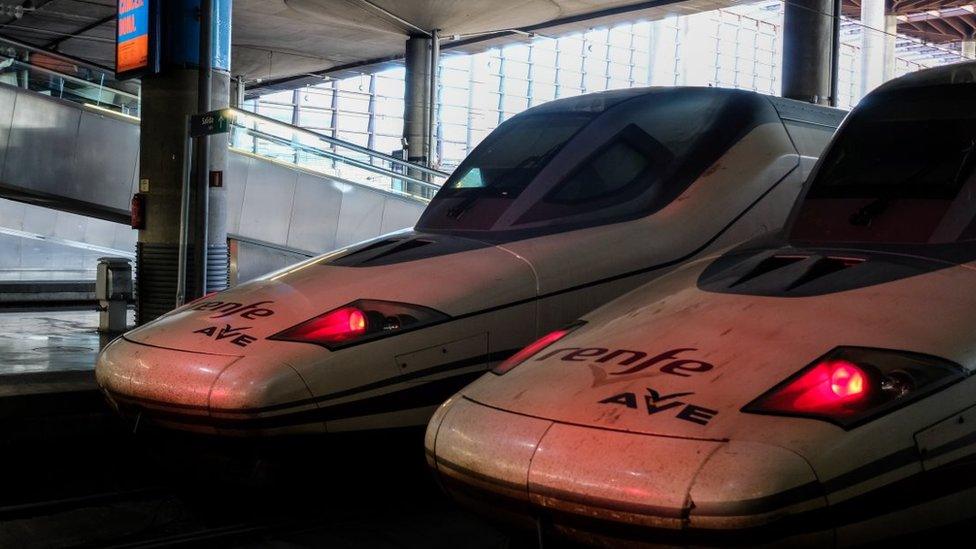
Have you ever watched the El Clasico - the huge football match between Real Madrid and Barcelona?
Well, did you know that it actually takes over six hours for the fans to drive between the two biggest Spanish cities.
Not if they take the 'AVE'! The Spanish high speed train, which means 'bird' in Spanish, reduces that journey time to just two and a half hours.
It can reach speeds of 193 mph (310kmph).
Pretty impressive eh?
France
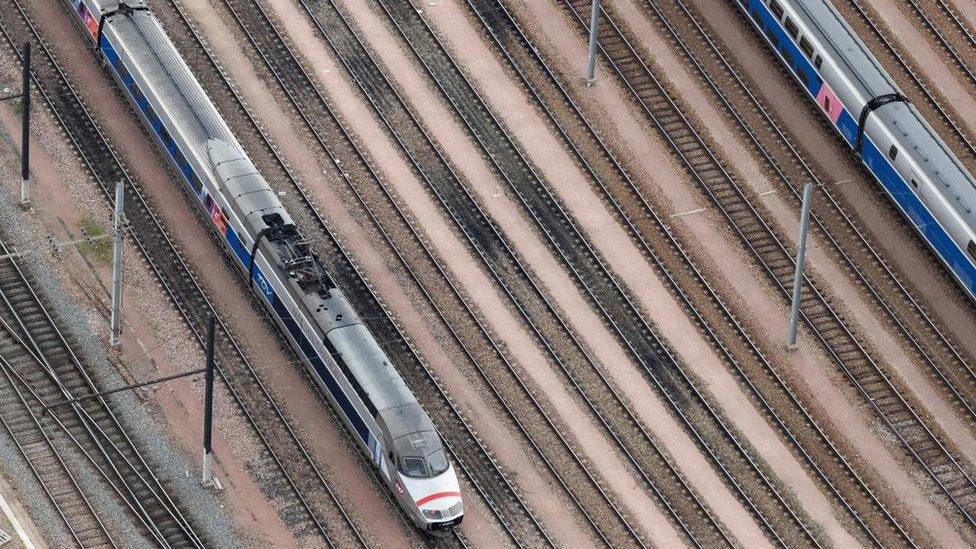
Staying in Europe, France's super speedy railway line connects Paris to other major cities such as Marseille, Bordeaux and Rennes.
Construction of the TGV (Train à Grande Vitesse) began back in 1966 but it didn't open until 1981.
It zips around France at up to 201 mph (322 kph) but it actually isn't classified as a "bullet train" - it's just a REALLY fast 'normal' train.
Germany
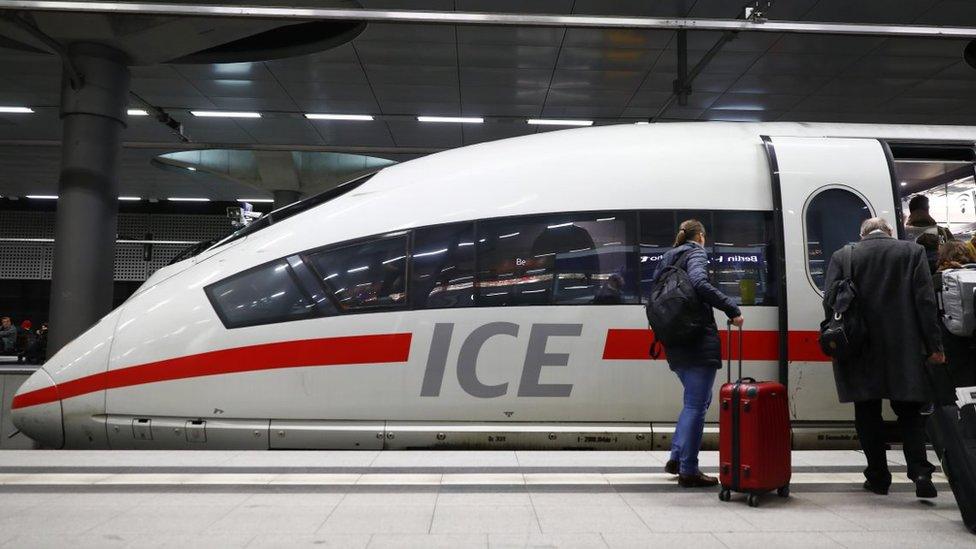
The winner of the train with the coolest name goes to Germany!
The "ICE" (the InterCity-Express) connects areas of Germany and even other European countries like Austria, Switzerland and Belgium.
If you take a trip on the Berlin-to-Munich line, which opened in 2017, you will cross 22 bridges and pass through 29 tunnels!
The train can reach top speeds of 186 mph, that's 300km/h.
Have you ever been on a high-speed train before?
Let us know in the comments below.
- Published4 September 2020
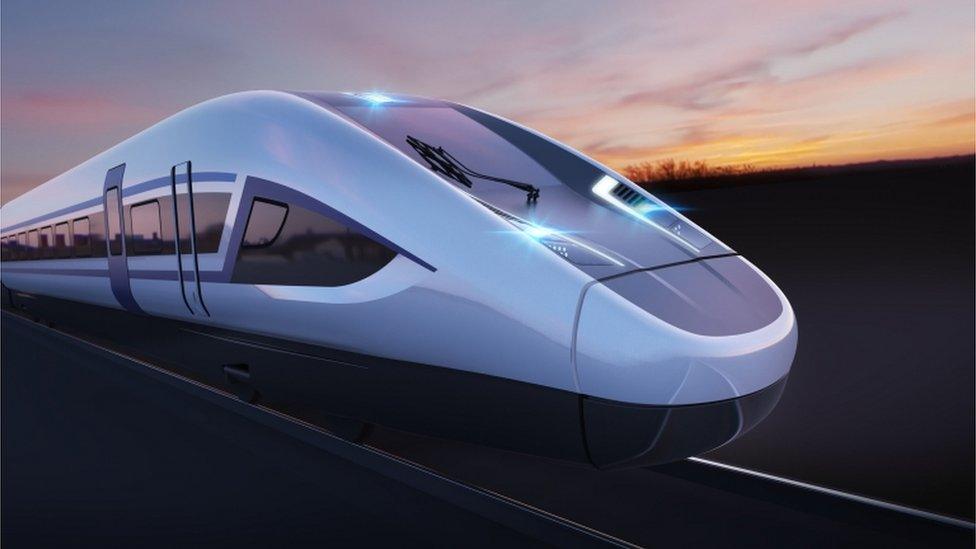
- Published22 September 2017
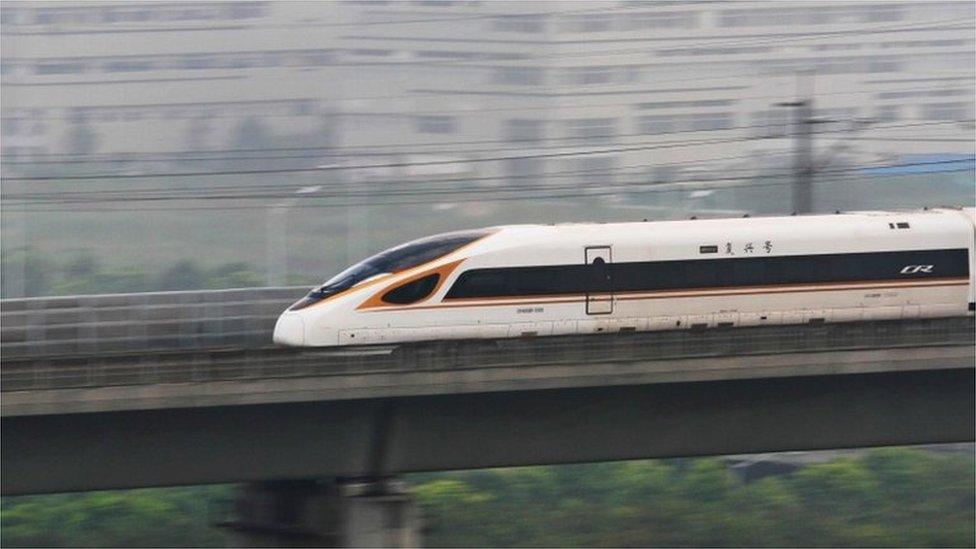
- Published21 April 2015
